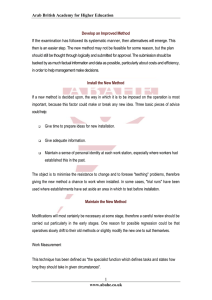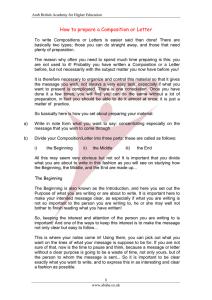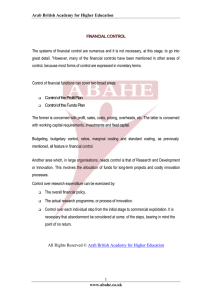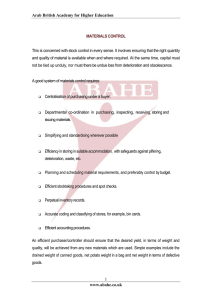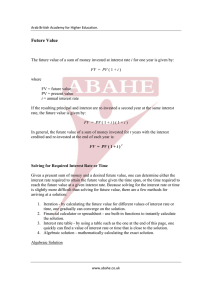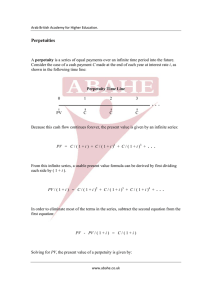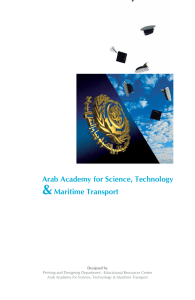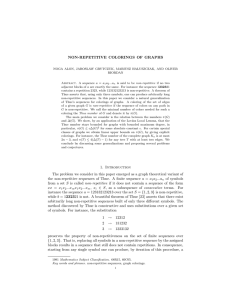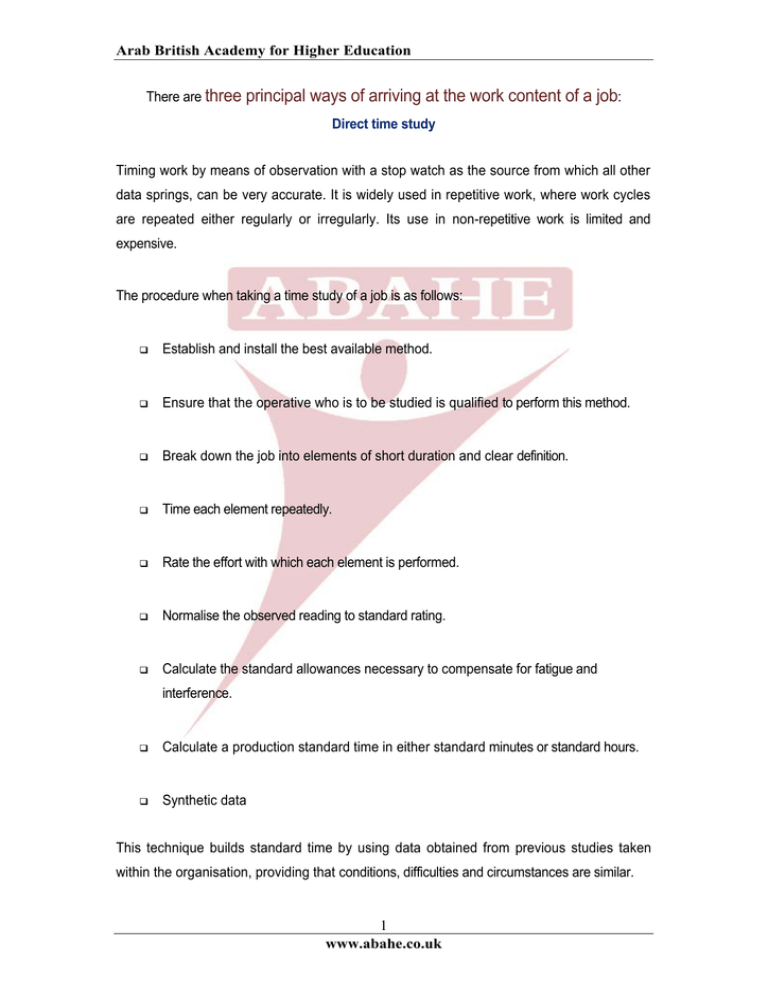
Arab British Academy for Higher Education
There are three principal ways of arriving at the work content of a job:
Direct time study
Timing work by means of observation with a stop watch as the source from which all other
data springs, can be very accurate. It is widely used in repetitive work, where work cycles
are repeated either regularly or irregularly. Its use in non-repetitive work is limited and
expensive.
The procedure when taking a time study of a job is as follows:
Establish and install the best available method.
Ensure that the operative who is to be studied is qualified to perform this method.
Break down the job into elements of short duration and clear definition.
Time each element repeatedly.
Rate the effort with which each element is performed.
Normalise the observed reading to standard rating.
Calculate the standard allowances necessary to compensate for fatigue and
interference.
Calculate a production standard time in either standard minutes or standard hours.
Synthetic data
This technique builds standard time by using data obtained from previous studies taken
within the organisation, providing that conditions, difficulties and circumstances are similar.
1
www.abahe.co.uk
Arab British Academy for Higher Education
Analytical estimation
This method is used when measuring non-repetitive work. It is not really a satisfactory
substitute and should only be utilised where Time Study is uneconomical or perhaps
impossible. There is inaccuracy in results as subjective judgements and estimating are
necessary.
All Rights Reserved © Arab British Academy for Higher Education
2
www.abahe.co.uk

